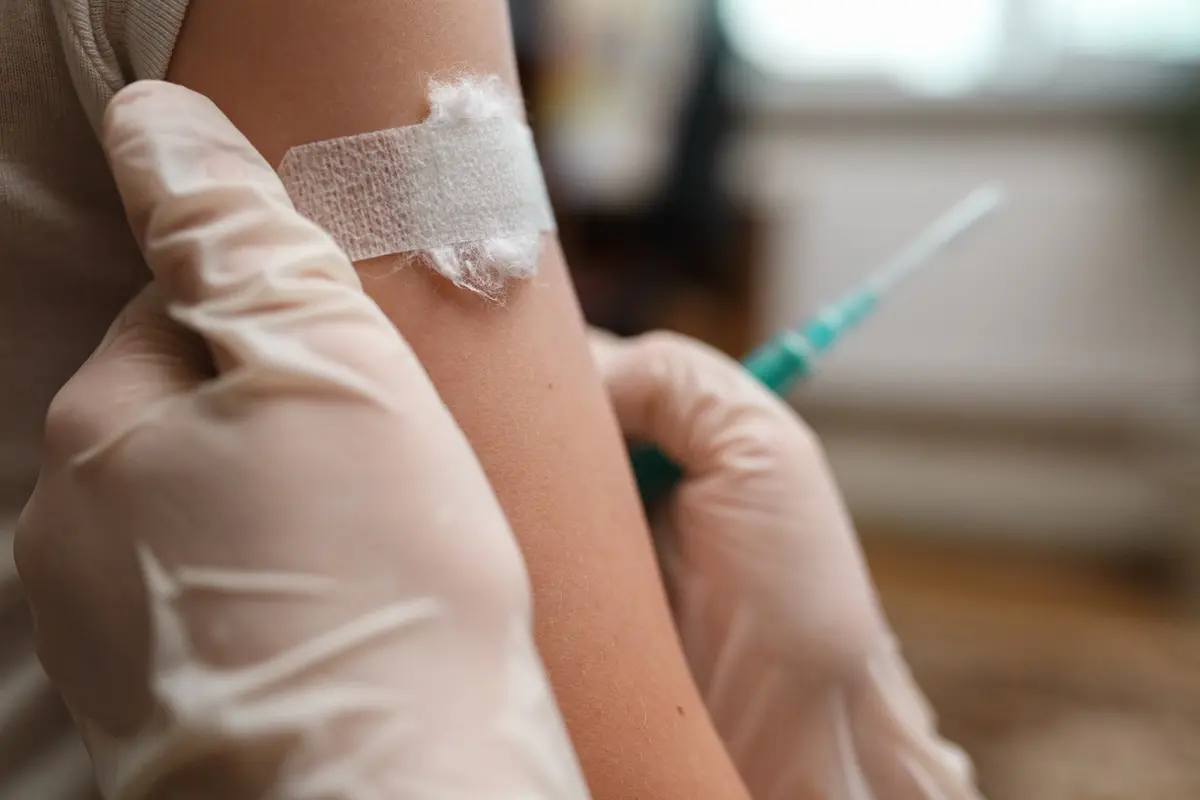How Does the VICP Work?
The Vaccine Injury Compensation Program (VICP) is a federal initiative that offers a financial safety net for those who have suffered adverse reactions after receiving certain vaccines.
As an alternative to the traditional legal system, the VICP provides compensation to plaintiffs who can demonstrate that they sustained an injury or illness due to a vaccine covered by the program.
This no-fault structure aims to resolve claims efficiently and equitably, balancing the need for public health protections with individual compensation. It’s designed to be less adversarial than conventional court proceedings, with claims filed to the U.S. Court of Federal Claims and adjudicated by Special Masters.
Vaccines that currently qualify for compensation under the VICP include the following:
- Flu vaccine (trivalent influenza vaccine; TIV);
- Chicken pox vaccine (varicella vaccine; VZV);
- Hepatitis A vaccine (HAV);
- Hepatitis B vaccine (HBV);
- Tetanus vaccine (DTaP, DTP, DT, Td, Tdap, TT);
- Pertussis/whooping cough vaccine (DTaP, DTP, Tdap, P, DTP‑Hib);
- Haemophilus influenza type B (Hib);
- Measles-mumps-rubella vaccine or any of its components (MMR, MR, M, R);
- Human papillomavirus (HPV) vaccines (Gardasil, Cervarix);
- Meningococcal vaccines (MCV4, MPSV4);
- Pneumococcal conjugate vaccines (PCV);
- Rotavirus (RV);
- Varicella (VZV).
Claims may be brought for injury or illness resulting from any combination of the vaccines above. Additional vaccines may be added in the future.
Common Vaccine-Related Injuries

Vaccines are generally considered safe and effective for preventing disease. However, like any medical treatment, they can cause side effects and, in rare instances, serious injuries. Some common vaccine-related injuries that might be compensated under the Vaccine Program include (but aren’t limited to):
- Shoulder injury related to vaccine administration (SIRVA): SIRVA can occur when a vaccine is injected into the shoulder too high or too deep and can cause severe and persistent shoulder pain along with limited range of motion;
- Guillain-barré syndrome (GBS): A rare disorder where the body’s immune system damages nerve cells, causing muscle weakness and sometimes paralysis; certain vaccines, like the seasonal influenza vaccine, have been associated with an increased risk of GBS;
- Anaphylaxis: A severe, rapid allergic reaction that can occur after vaccination, anaphylaxis can be life-threatening if not treated immediately;
- Encephalopathy/encephalitis: Inflammation or other serious dysfunction of the brain following vaccination, which may be associated with various symptoms ranging from confusion to seizures or long-term neurological disability;
- Thrombocytopenic purpura: A disorder that can occur after the MMR (measles-mumps-rubella) vaccine that involves a low count of platelets, which are necessary for normal blood clotting;
- Vasovagal syncope: A sudden drop in heart rate and blood pressure leading to fainting, often in response to stress or pain, including that associated with injection;
- Chronic arthritis: Some people may experience chronic joint pain after receiving certain vaccinations, such as the rubella component of the MMR vaccine;
- Vaccine-strain virus infection: In rare cases, a live virus vaccine can cause an infection that’s similar to the natural disease, though typically milder.
It’s important to note that not all adverse events following vaccination are caused by the vaccine itself.
The VICP has established a Vaccine Injury Table that lists and explains injuries and conditions presumed to be caused by vaccines. The table also specifies periods in which the onset of symptoms must occur for the injury to be presumed related to the vaccine.
For injuries or conditions not listed on the table or in cases where symptoms don’t occur within the specified periods, claimants must prove that the vaccine caused the injury or condition.
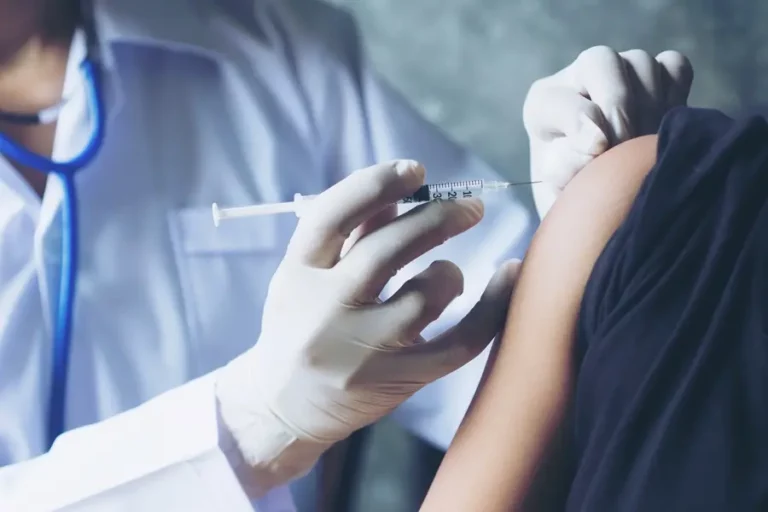
Schedule a Free Consultation with a Vaccine Injury Lawyer in Jackson
Get reliable guidance to navigate the aftermath of your vaccine injury. Schedule your no-cost consultation with an attorney from Brown, Bass & Jeter today. Your path to justice begins here.
Contact Brown, Bass & Jeter today to find out what your case is worth.
Vaccine Injury Symptoms
The impact and severity of vaccine injuries can differ significantly from person to person due to individual reactions to vaccinations. These injuries can range from mild discomfort and minor aches, which usually resolve quickly without lasting effects, to severe conditions that may result in permanent disabilities or even be fatal.
Complications can arise when healthcare professionals, including doctors and nurses, adhere strictly to standard procedures without exercising personal judgment. This can sometimes lead to misdiagnosis or improper management of vaccine-related injuries, especially if the healthcare provider is unfamiliar with the specific condition or has not been adequately trained to recognize it.
Identifying and accurately diagnosing vaccine-related issues can be particularly challenging when the connection between the symptoms and a recent vaccination is not immediately apparent. The subtle nature of some symptoms can make it difficult to establish a clear cause-and-effect relationship.
Nevertheless, vaccine injuries can have profound and lasting consequences for the affected individuals and those responsible for their care. The implications can be life-altering, requiring long-term medical attention and support.
Recognizable Vaccine Injury Patterns
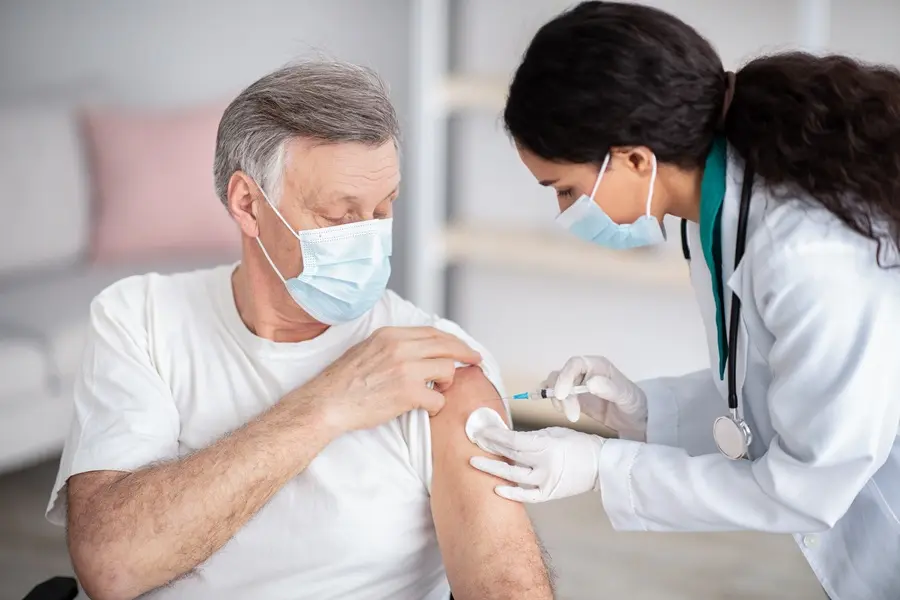
Significant insights have been gained by comparing the effects of naturally occurring viruses and bacteria that cause infectious diseases with the adverse reactions to vaccines developed to prevent those same diseases.
Often, the symptoms and conditions associated with both the natural infection and the vaccine reaction can be quite similar. Through the study of case reports, epidemiological data, and further research involving both animals and humans, scientists have deepened their understanding of vaccines and the various types of related injuries.
Findings indicate that vaccine injuries, although relatively rare, frequently resemble the injuries or conditions caused by the diseases the vaccines are meant to prevent. Most of the adverse reactions reviewed by the Vaccine Injury Compensation Program (VICP) are infrequent and are directly associated with a particular vaccine or the disease it targets.
As our knowledge in this area expands, it becomes increasingly crucial to carefully assess and manage VICP injury claims to ensure that all cases are handled with the necessary attention and expertise.
What Is the Legal Process for a Vaccination Injury?
The legal recourse for a vaccination injury typically involves filing a claim with the U.S. Court of Federal Claims’s Vaccine Injury Compensation Program, a federal program that adjudicates claims and provides compensation to those affected.
After getting medical documentation of the injury, claimants – with the aid of a specialized attorney – must file a petition with the USCFC. This process includes a medical review by the Department of Health and Human Services, followed by a legal proceeding overseen by a Special Master.
If compensation is awarded and accepted, it precludes further civil action, though petitioners have the option to reject the offer and seek traditional litigation.
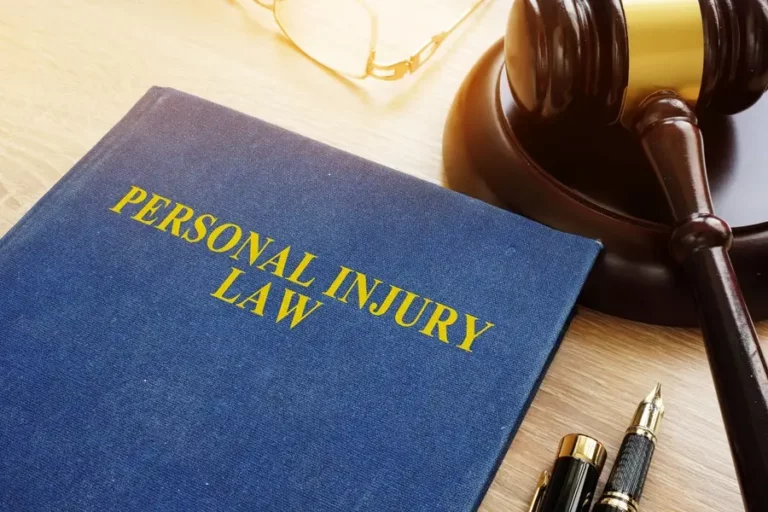
Get Compensation for Unsafe Vaccine Side Effects
If you've experienced harm from a vaccine, don't wait to explore your options. Take advantage of a free consultation with a vaccine injury lawyer at Brown, Bass & Jeter and seek fair compensation.
Contact Brown, Bass & Jeter today to find out what your case is worth.
Who Can File a Claim Through the Vaccine Program?
Anyone can file a petition through the National Vaccine Injury Compensation Program, regardless of age or citizenship status, provided the effects of the injury:
- Lasted for more than six months after the vaccination;
- Resulted in inpatient hospitalization and surgical intervention while hospitalized;
- Resulting in death.
You may file a petition if any of the following conditions apply:
- You received a covered vaccine and believe you’ve been injured as a result;
- You’re the parent or legal guardian of a child or disabled adult you believe has been injured by a covered vaccine;
- You’re the legal representative of the estate of a deceased person you believe was injured or fatally harmed by a covered vaccine.
Furthermore, the covered vaccine must have been administered in the United States or its territories unless:
- The person who received the vaccine was serving abroad as a member of the Armed Forces or as a government employee at the time of treatment (or is the dependent of such a citizen);
- The vaccine was manufactured in the United States, and the person filing the petition returned to the U.S. within six months of the date of vaccination.
If you’re unsure whether you’re eligible to file a claim through the VICP, it’s wise to consult an attorney with experience handling cases overseen by the USCFC.
How Long Do I Have to File My Claim in the VICP After My Vaccination?
The statute of limitations requires that you file a claim with the U.S. Court of Federal Claims within three years of the onset of the first symptoms of a vaccine injury. In cases involving loss of life, petitions must be filed within two years of the death and within four years of the first symptom in cases where death resulted from the injury.
How Much Compensation Can I Receive for a Vaccine Injury?
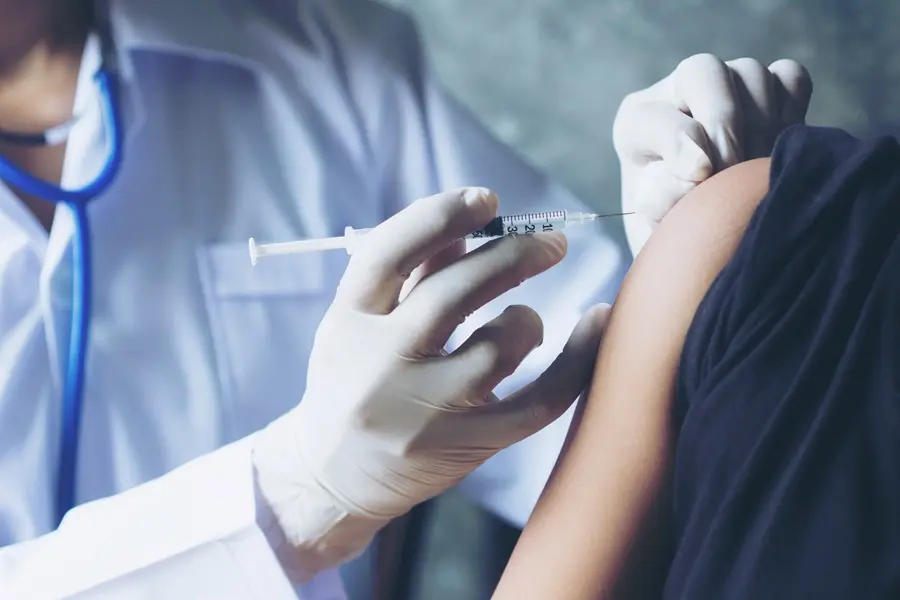
The compensation for vaccine injuries under the VICP varies by case, depending on the severity of the injury and its impact on the individual’s life.
Several types of damages may be recovered, including:
- Medical expenses: This includes both past and future costs that aren’t covered by insurance or other benefits;
- Lost wages: If the injury results in an inability to work, compensation for lost earnings, both current and future, can be claimed;
- Pain and suffering: The program also allows for recovery from pain and suffering, with a maximum recovery of $250,000;
- Death benefit: In the unfortunate event of a death, the VICP provides a death benefit to the estate of the deceased, with a maximum recovery of $250,000;
- Attorney’s fees and costs: Regardless of whether the claim is successful, the VICP will pay back reasonable attorney’s fees and other legal costs.
It’s important to note that there’s no cap on the amount of compensation for medical expenses and lost earnings.
Consequently, in cases of severe or lifelong injuries, the awarded sums can be substantial to cover ongoing care and financial support. The exact amount of compensation is determined by the Special Master within the USCFC based on the evidence and the individual circumstances of each case.
